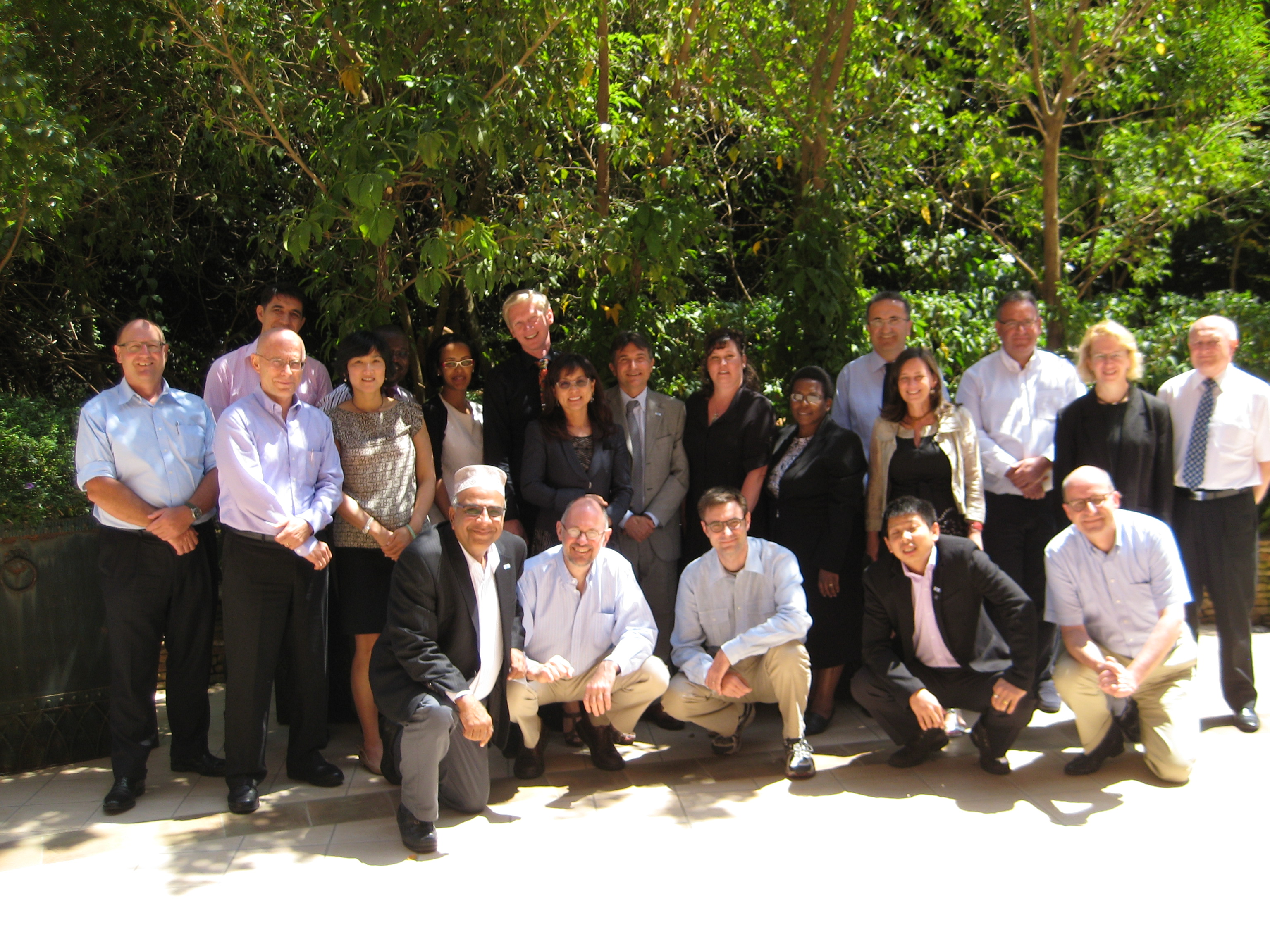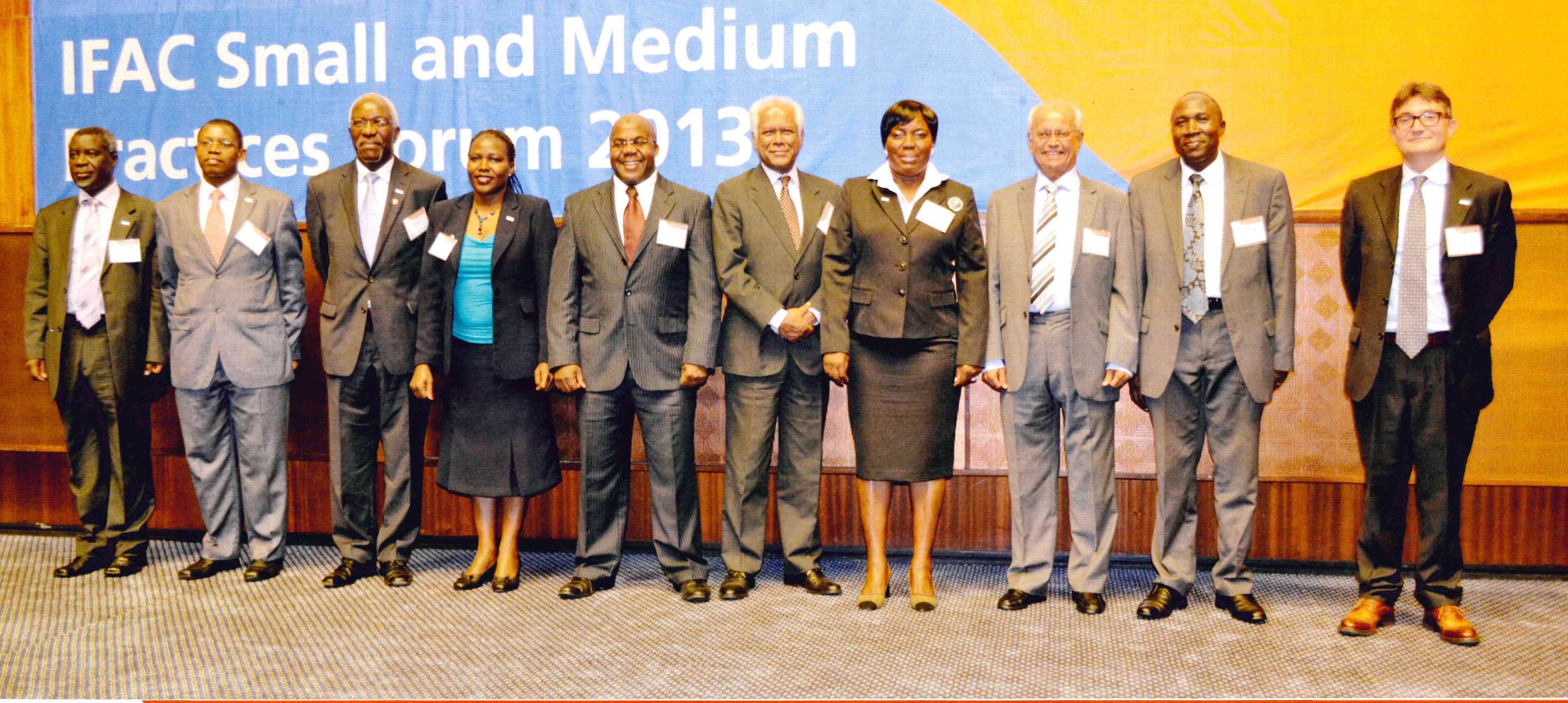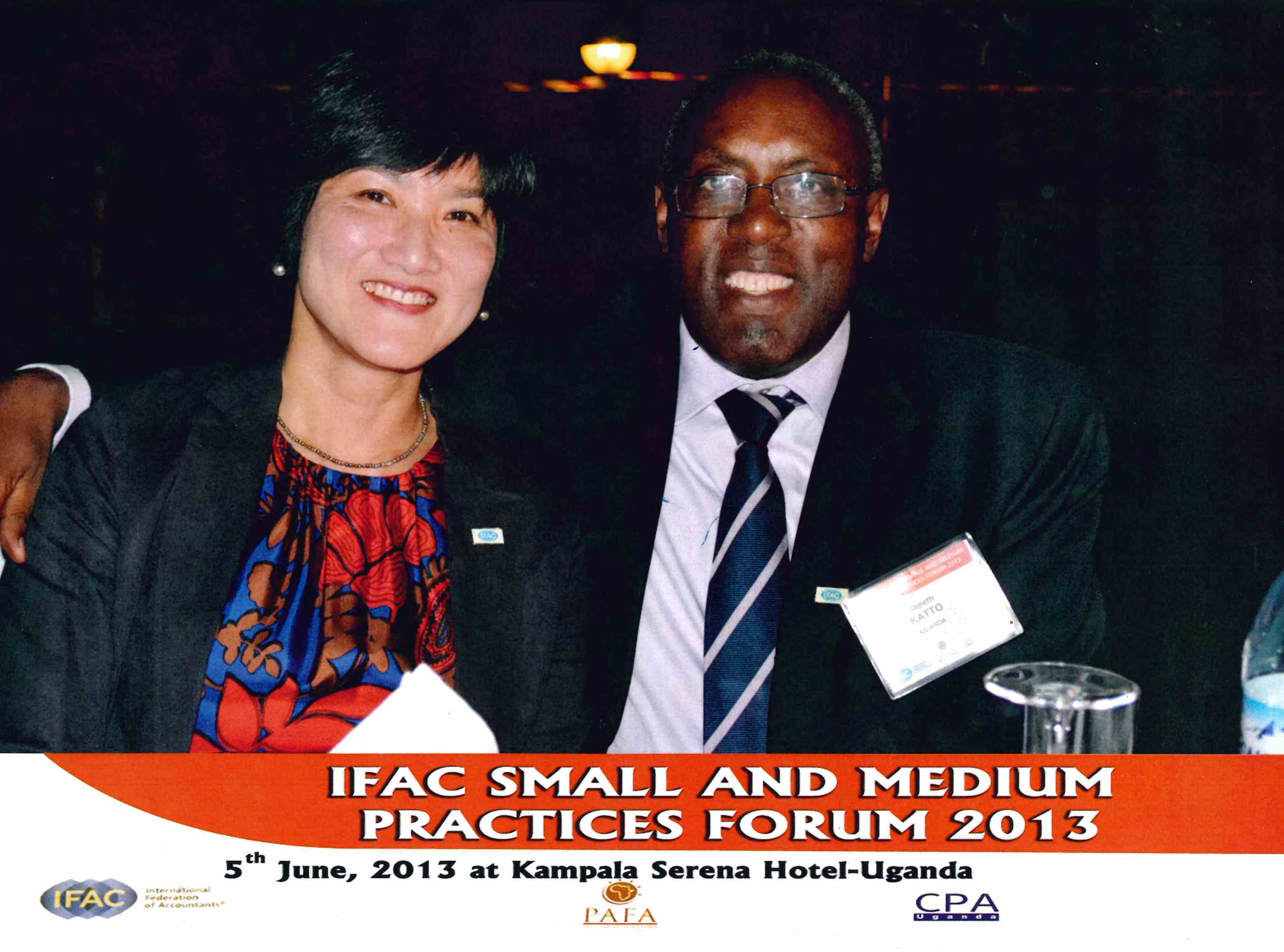In This Issue:
- IAASB Meeting Highlights
- Approval of Exposure Draft of Proposed International Standard on Auditing (ISA) 720 (Revised)Auditor Reporting Invitation to Comment (ITC)—Comment Period
- Drawing to a Close
- IAASB Continues to Address Assurance Needs of Smaller Entities; Issues Revised Standard on Review Engagements
1. IAASB Meeting Highlights
The most recent IAASB meeting was held September 17–21, 2012, in New York, USA.
In addition to the projects discussed in this eNews, the IAASB deliberated issues relating to the following:
- Approval of a new project to consider the audit implications of financial statement disclosures
- The development of an audit quality framework (the Framework), Audit Quality: An International Framework
- Proposed International Standard on Assurance Engagements (ISAE) 3000 (Revised), Assurance Engagements Other than Audits or Reviews of Historical Financial Information
- Preliminary findings and the planned timetable of Phase 2 of the ISA Implementation Monitoring project relating to the clarified International Standards on Auditing (ISAs)
- The IAASB’s ongoing liaison with the International Accounting Standards Board (IASB)
- The development of a Staff Question & Answer publication addressing the proportionate application of International Standard on Quality Control (ISQC) 1, Quality Control for Firms that Perform Audits and Reviews of Financial Statements, and Other Assurance and Related Service Engagements
The IAASB will meet in New York, USA, December 10–14, 2012. As a reminder, all meeting agenda materials are publicly available and posted on the IAASB's website in advance of IAASB meetings. In addition, meeting highlights, a summary podcast, and complete audio recordings are posted after the meetings. Visit the IAASB Meetings page.
2. Approval of Exposure Draft of Proposed International Standard on Auditing (ISA) 720 (Revised)
The IAASB approved for exposure proposed ISA 720 (Revised), The Auditor’s Responsibilities Relating to Other Information in Documents Containing or Accompanying Audited Financial Statements and the Auditor’s Report Thereon. The proposed standard broadens and clarifies the scope of documents to be addressed by the auditor, enhances the auditor’s work effort, and introduces reporting requirements.
The Exposure Draft will be released by the end of October 2012. Comments will be requested by February 28, 2013.
3. Auditor Reporting Invitation to Comment (ITC)—Comment Period Drawing to a Close
In support of its work to enhance, on a global basis, the communicative value of the auditor’s report on financial statements, in June 2012 the IAASB issued Invitation to Comment (ITC): Improving the Auditor’s Report. The ITC sets out the indicative direction of the board’s future standard-setting proposals to improve how and what auditors report in accordance with the International Standards on Auditing (ISAs). Interested stakeholders have the opportunity to submit a formal response to the ITC through October 8, 2012 via this link.
At its most recent meeting, the IAASB received an update on discussions held at its North American and European Auditor Reporting Roundtables and other outreach activities to date; and discussed, on a preliminary basis, the scope and potential structure of the ISAs to be revised as part of its Auditor Reporting project. The IAASB will consider responses received on the ITC, as well as feedback from its Asia Pacific Roundtable and other outreach activities, at its December 2012 meeting. The IAASB’s current timetable anticipates approval of an Exposure Draft on revised auditor reporting standards in June 2013. To follow this project, visit the IAASB’s Auditor Reporting page.
4. IAASB Continues to Address Assurance Needs of Smaller Entities; Issues Revised Standard on Review Engagements
The IAASB has released International Standard on Review Engagements (ISRE) 2400 (Revised), Engagements to Review Historical Financial Statements. ISRE 2400 (Revised) follows the release earlier in 2012 of International Standard on Related Services (ISRS) 4410 (Revised), Compilation Engagements, a standard also addressing services of particular relevance to small- and medium-sized entities (SMEs).
Review engagements are of particular relevance for entities that are not required, or do not elect, to have an audit, but wish to enhance the credibility of, and confidence in, their unaudited financial statements among their users through practitioner involvement. ISRE 2400 (Revised) enhances both the value and performance of review engagements. Through strengthened requirements and additional guidance, it helps ensure there is sufficient appropriate evidential support for the practitioner’s conclusion on the financial statements and further promotes high-quality engagements. The revised standard is effective for reviews of financial statements for periods ending on or after December 31, 2013. An At a Glance publication provides an overview of the revised standard.




